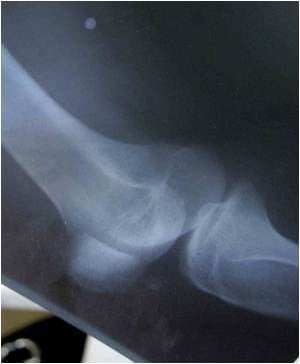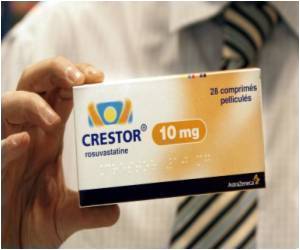A unique model for rheumatoid reearch has been developed and reported in The American Journal of Pathology, September 2010.

According to Dr. LaBranche, "the main benefit of the KRN-CTM is its utility, which adds significant logistical and platform advantages to study T cell targets since the model is T cell-dependent and engages both early and late stages of innate and adaptive immune responses (a drawback of the antibody-dependent K/BxN serum transfer model). In addition, by polarizing T helper (Th) cells and/or knocking down genes prior to transfer, the KRN-CTM may enable investigators to ask how specific Th subsets and/or specific T cell genes contribute to disease. Lastly, incidence, onset, and severity of disease are highly synchronized without requiring adjuvant. The KRN-CTM presents a novel opportunity for investigators to study specific pathways and mechanisms involved in both the early and chronic phases of disease, thereby enabling the validation of targets and biopharmaceuticals for rheumatoid arthritis patients."
In future studies Dr.'s Allen and LaBranche aim to demonstrate the utility of the KRN-CTM, illustrating the roles Th subsets and particular genes have in both the model and people.
Source-Eurekalert













